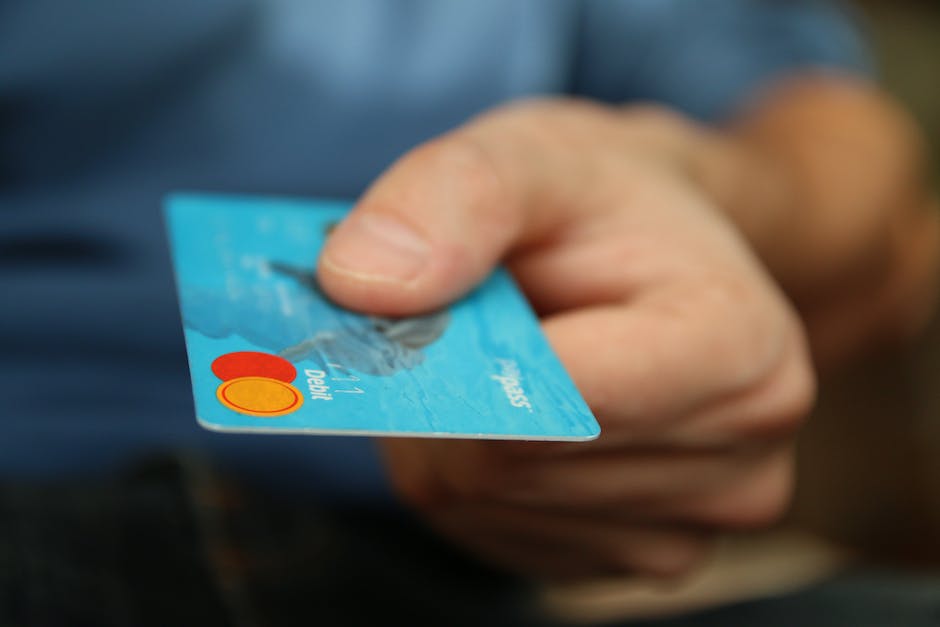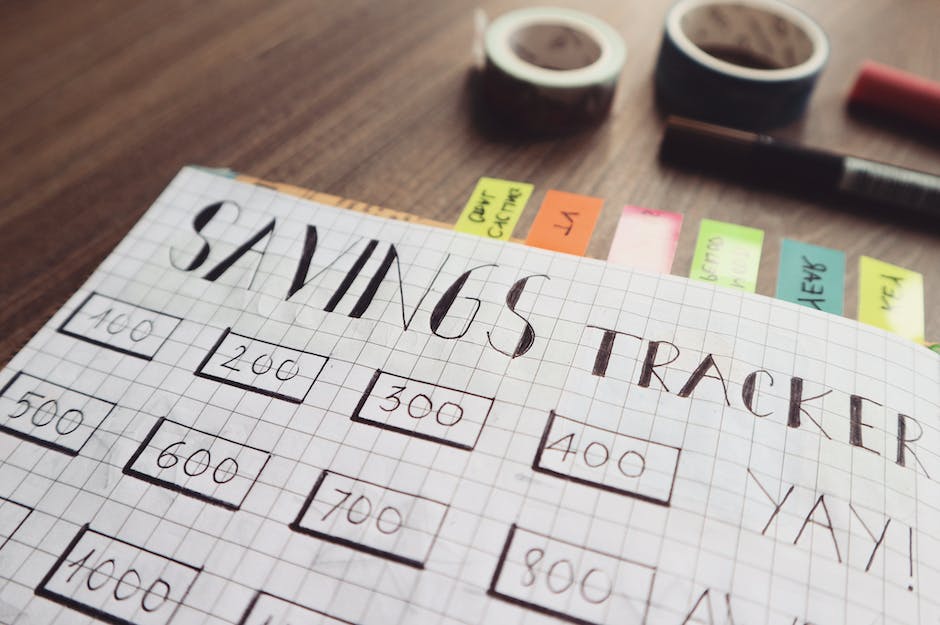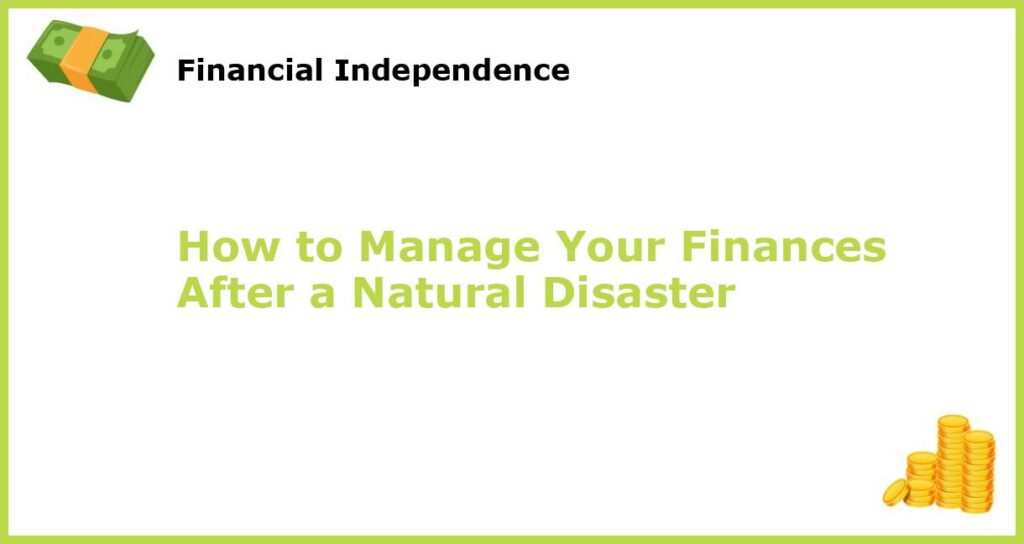Natural disasters can wreak havoc on a person’s life, especially when it comes to finances. A natural disaster can leave you displaced, with damaged or destroyed property, and even in a financially vulnerable position. However, with the right steps, you can regain control of your finances after a natural disaster. This article outlines ten tips to help you manage your finances and begin your journey of financial recovery.
1. Prioritize Your Basic Needs

After a natural disaster, it’s essential to make a list of your basic needs, which include food, shelter, and healthcare. These should be your top priority. After you have secured these necessities, assess your financial position and prioritize your other essential expenses. Determine how much money you have available to spend on your expenses and adjust your spending accordingly. During this time, it’s crucial to focus on the essentials and try to avoid unnecessary spending.
If you can’t afford to pay for the essentials in the short term, seek out financial assistance from emergency programs and consider reaching out to non-profit organizations for help. These organizations can help with food, shelter, and basic needs, which will give you some breathing room to focus on other financial matters.
2. Create a Budget

One of the most crucial steps after a natural disaster is to create and stick to a budget. A budget will help you see where your money is going, identify areas where you can save money, and allocate your resources appropriately. A budget will also help you monitor your cash flow, track your expenses, and adjust your budget where necessary to stay within your means. Using budgeting apps or software can help you streamline the budgeting process and efficiently manage your finances during this challenging period.
3. Contact Your Insurance Company

If you have insurance, your first step should be to contact your insurance provider to file a claim. Your coverage may include damage to your property or lost personal belongings. You’ll need to provide detailed information and documentation about the damage and loss you’ve experienced. Be patient with the process, as it may take time for the insurance company to review your claim and approve your payout. During this time, make sure your documentation is organized and accurate, as it will help speed up the process.
4. Seek Assistance

If you’re experiencing significant financial hardship due to the natural disaster, make sure to seek out financial assistance from various government programs and non-profit organizations. Many organizations can help you get back on your feet and navigate the financial impact you’re facing after the disaster. Don’t hesitate to ask for help if you need it.
5. Prioritize Debt Payments

After a natural disaster, it’s essential to prioritize debt payments based on interest rates and any penalties that may apply. Pay off high-interest debts first to save money in the long run. If you’re unable to make the minimum payments on your debts, consider reaching out to your creditors and explaining your circumstances to negotiate a loan extension or lower interest rates. Avoid using credit cards to pay for your basic needs, as this can lead to increased debt and financial instability.
6. Look for Ways to Save

Every little bit of savings can add up when you’re recovering from a natural disaster. Consider cutting back on non-essential expenses, such as subscriptions or memberships that you no longer need. Finding ways to reduce your energy or water usage can also help you lower your bills. Be mindful of your spending habits and keep track of every penny spent. There might be options to save on your insurance or negotiate your phone and internet bills, so explore your available options to save wherever possible.
7. Consider Your Long-Term Goals

It’s still essential to think about your financial future beyond the aftermath of a natural disaster. Consider saving for retirement, paying off debts, or building up your emergency fund. Start small and scale up as necessary to meet obligations and future needs. If possible, seek professional advice from a financial advisor or credit counselor to help you create a plan that aligns with your long-term financial goals.
8. Keep Track of Your Expenses

Keeping track of your expenses is crucial after a natural disaster. Monitor your cash flow, track your expenses, and adjust your budget accordingly. Consider creating a spreadsheet or using budgeting apps to stay organized and on top of your finances. Review your expenses regularly to see where you can cut back or save money, and adjust your budget accordingly.
9. Take Steps to Protect Your Finances in the Future
One of the most critical steps after a natural disaster is to take steps to protect your finances in the future. Update your insurance coverage to make sure you have adequate protection against future natural disasters. Plan and create an emergency fund in advance to help you prepare for future emergencies. Seek professional help or education from experts on creating a financial plan that aligns with your goals and protects you in the event of future natural disasters, as well.
10. Don’t Be Afraid to Seek Professional Help
If you’re feeling overwhelmed or unsure about how to manage your finances after a natural disaster, seek professional guidance. Financial advisors or credit counselors can provide the support and guidance you need to get back on track. These professionals can assess your unique situation, offer expert advice on how to manage your finances better, and guide you every step of the way.







